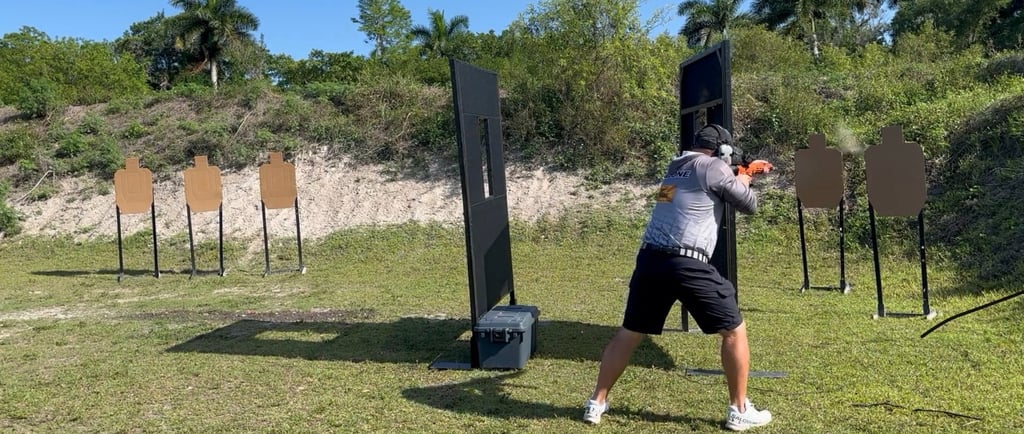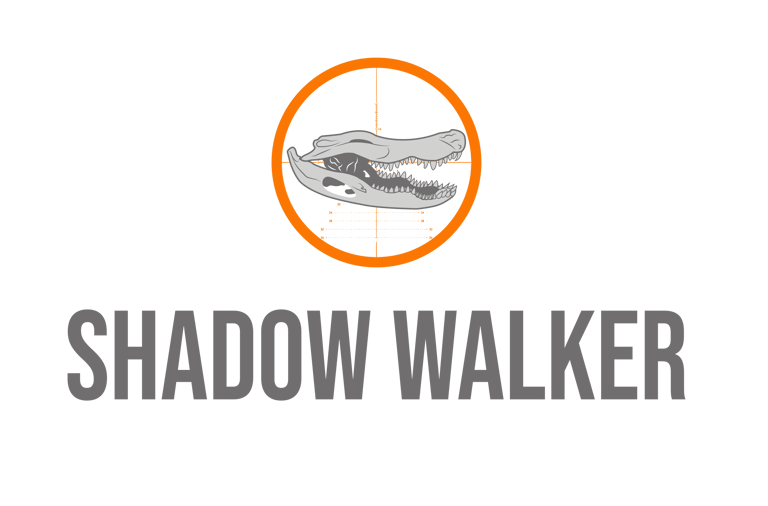The Training Loop: How I Structure My Week to Win
Balancing Live Fire, Dry Fire, and Physical Conditioning for USPSA, PRS, and PCSL
JD Malone
6/23/20251 min read


If you’re serious about getting better, you need more than trigger time — you need a system. I get one live fire day per week. That means everything else has to work harder. Here's how I structure my training to compete across three disciplines without burning out or wasting reps.
1. Live Fire: One Shot, One Purpose
I don’t “go shoot.” I test specific skills under match conditions. One USPSA session might be all transitions. PRS live fire days are zero confirmations and wind calls only. Every round solves a question.
2. Dry Fire: Where Champions Are Built
This is my lab. I rotate drills based on my match schedule:
USPSA: reloads, movement, draw timing, target transitions.
PCSL: rifle and pistol reloads, movement, transitions.
PRS: breath work, position building, gear deployment.
It's all done fast, clean, and under tension.
3. Physical Conditioning: Move Like You Mean It
You can’t shoot what you can’t get to. My gym sessions are short and brutal. Sled work, step-ups, explosive movement, grip strength — it's performance-focused. This isn’t about six-packs. It’s about shaving tenths.
4. The Mental Game: Ghost Mode
Before every session, I breathe into calm. Ghost Mode isn’t hype — it’s a switch I hit to execute flow state. I build that switch daily with visualization and reps under pressure.
Final Thoughts:
Your edge doesn’t come from “doing more.” It comes from doing what matters — with intention, with structure, and without excuses. Whether you’re building a better draw or anchoring a wind call, every rep counts.
